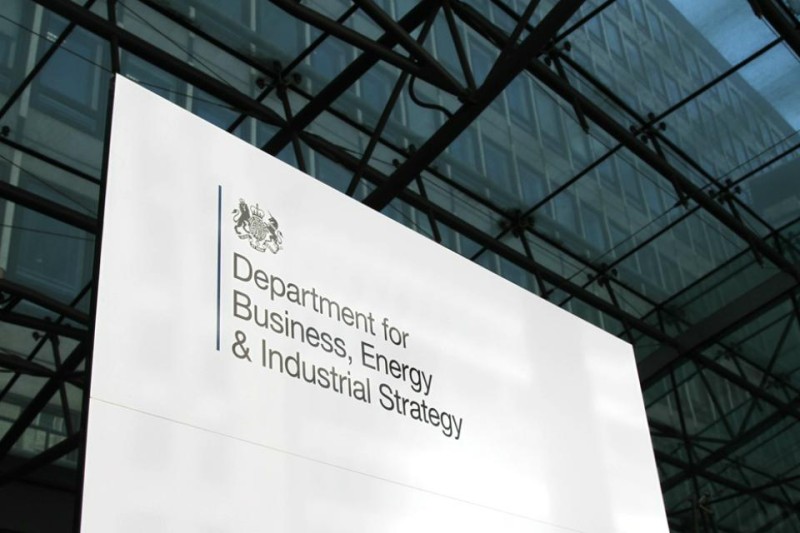Foreign corporations were obliged to register their beneficial owners with the Register of Overseas Entities (ROE) by January 31, as part of the government’s anti-money laundering regulations aimed at rooting out corrupt elites.
The register was established last year as part of a package of strong economic measures introduced in reaction to Russia’s invasion of Ukraine. Among others, it is targeting the illegal riches of the current Kremlin regime supporters.
However, according to a government statement, out of 32,440 registered overseas companies, only 19,510 have met the deadline and revealed their real owners. Those who have not will now face the consequences.
According to Transparency International UK, some of the companies that have registered in time have “submitted information which makes it impossible for the public to find out who owns them.”
This means that “almost 52,000 U.K. properties are still owned anonymously,” the anti-corruption watchdog said in its report on Tuesday.
Companies that have not met the deadline will now face the consequences, the government threatened.
“Oligarchs and non-compliant organizations face severe restrictions on their ability to buy and sell property and could risk future additional penalties,” which include prison sentences, the U.K. Government’s Department for Business, Energy & Industrial Strategy said in a statement.
“There is nowhere for the criminals and corrupt elites to hide. We will be using all the tools at our disposal, including fines and restrictions, to crack down on foreign companies who have not complied,” Business Minister Lord [Martin John] Callanan said.
The Land Registry offices in the U.K. are now automatically rejecting unregistered companies from registering ownership of any new land, according to the statement. Those in the U.K. who buy properties from non-compliant firms will not be able to transfer their title to the deed.
Reiterating that “criminals purchase a safe investment like land and property through opaque corporate structures to clean their dirty money,” the government noted that the ROE now “brings transparency to these overseas based structures, and the restrictions halt the flow of money for those who do not comply.”
But even among those who have met the deadline were companies owned by criminals who have used offshore firms to launder money, including fraudster Dr Ruja Ignatova, the FBI’s most wanted woman. Ignatova, according to the statement, was publicly named the beneficial owner of two intermediaries in Guernsey as a result of the new regulations.
Other offshore firms have declared foreigners with political connections as their owners. Like one that has declared the son of Rovnag Abdullayev who until last year headed Azerbaijan’s state oil company, SOCAR, which has been widely criticized for corruption and secretive financial dealings.
Rashad Abdullayev was 25 when he in 2019 acquired through his offshore company a luxury flat in London for 17.3 million British pounds ($22.4 million).
This story was updated on Tuesday with data from a new Transparency International UK report.



